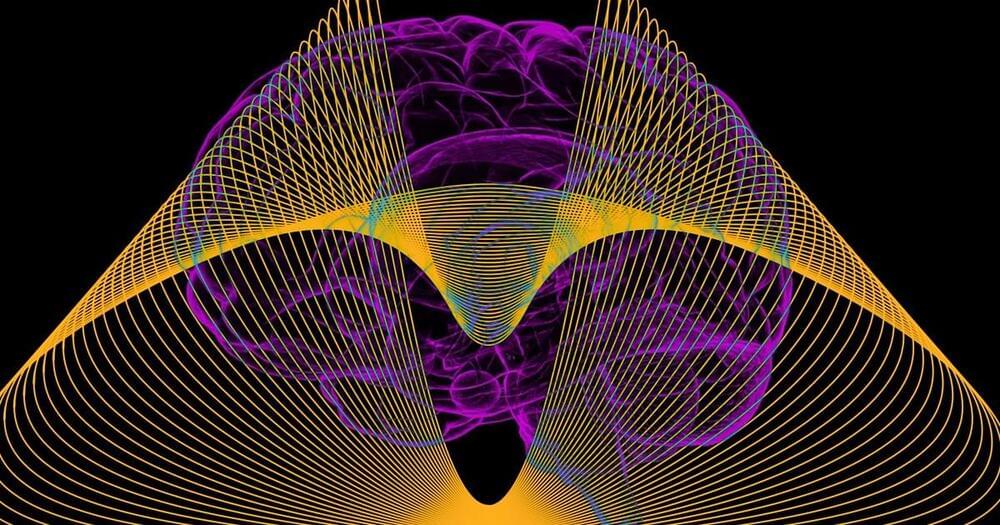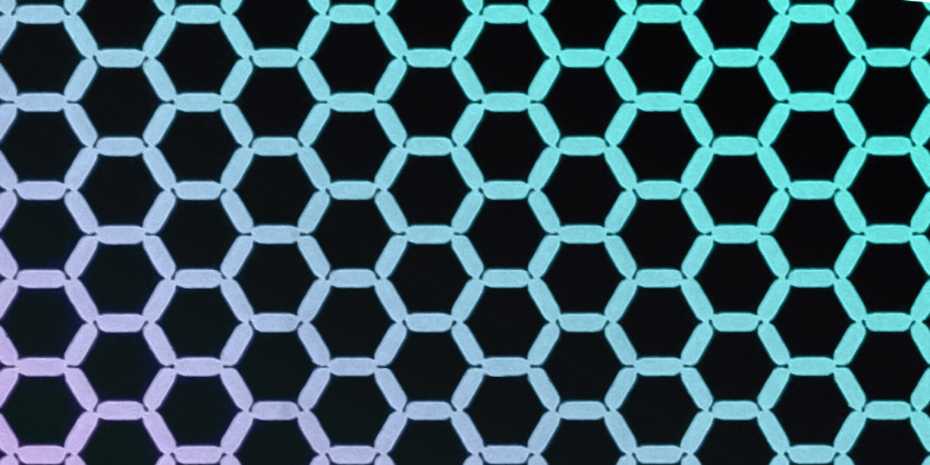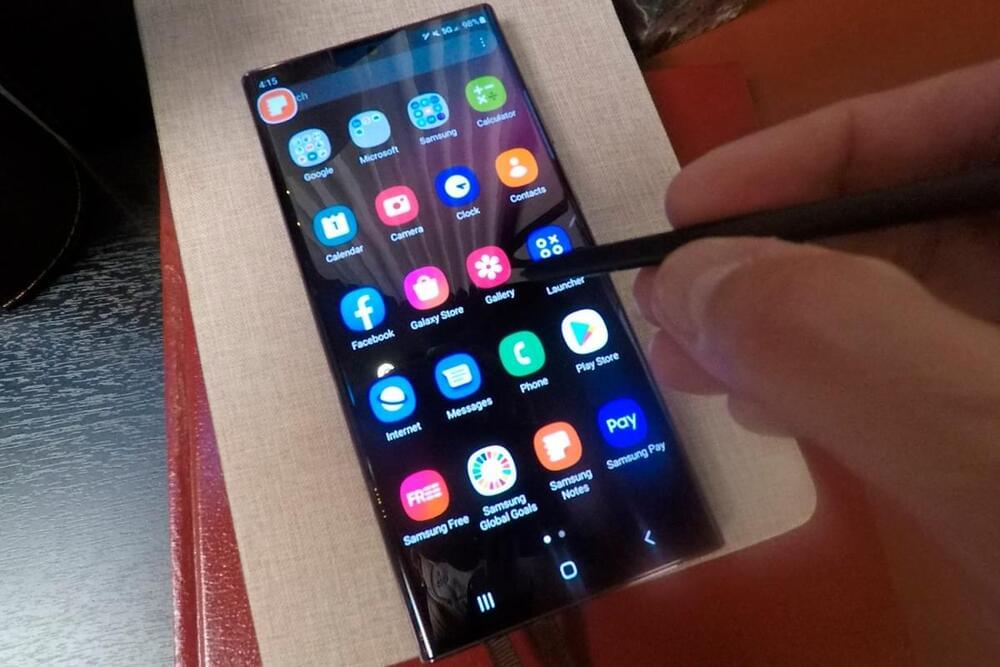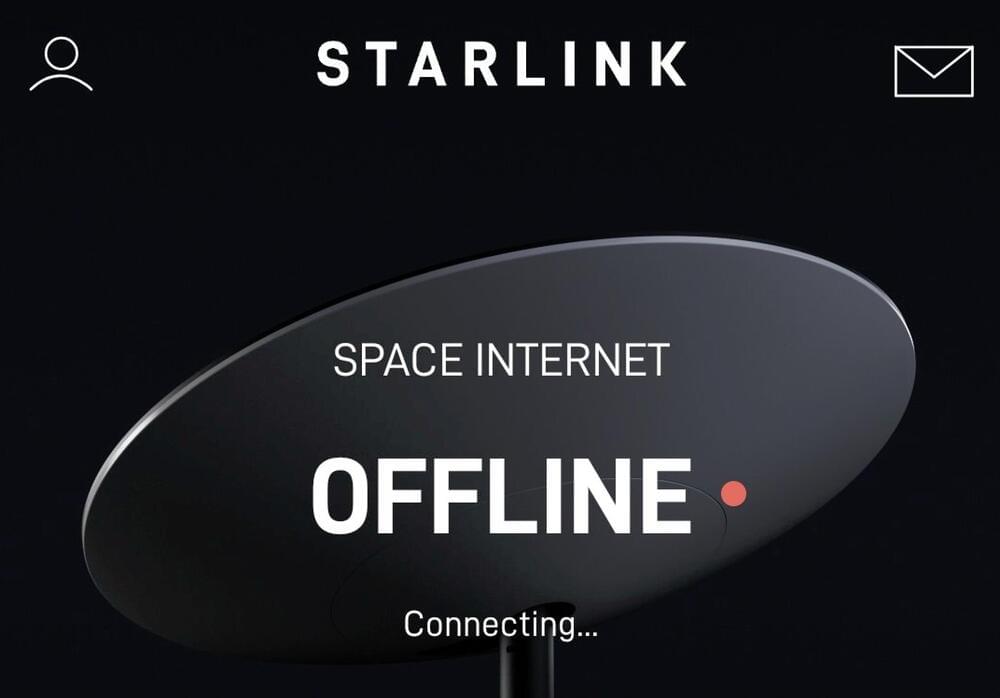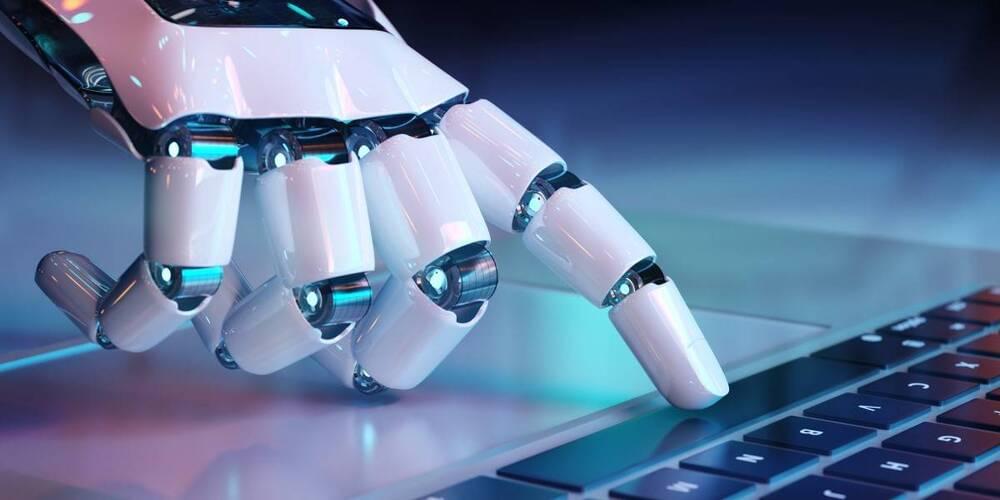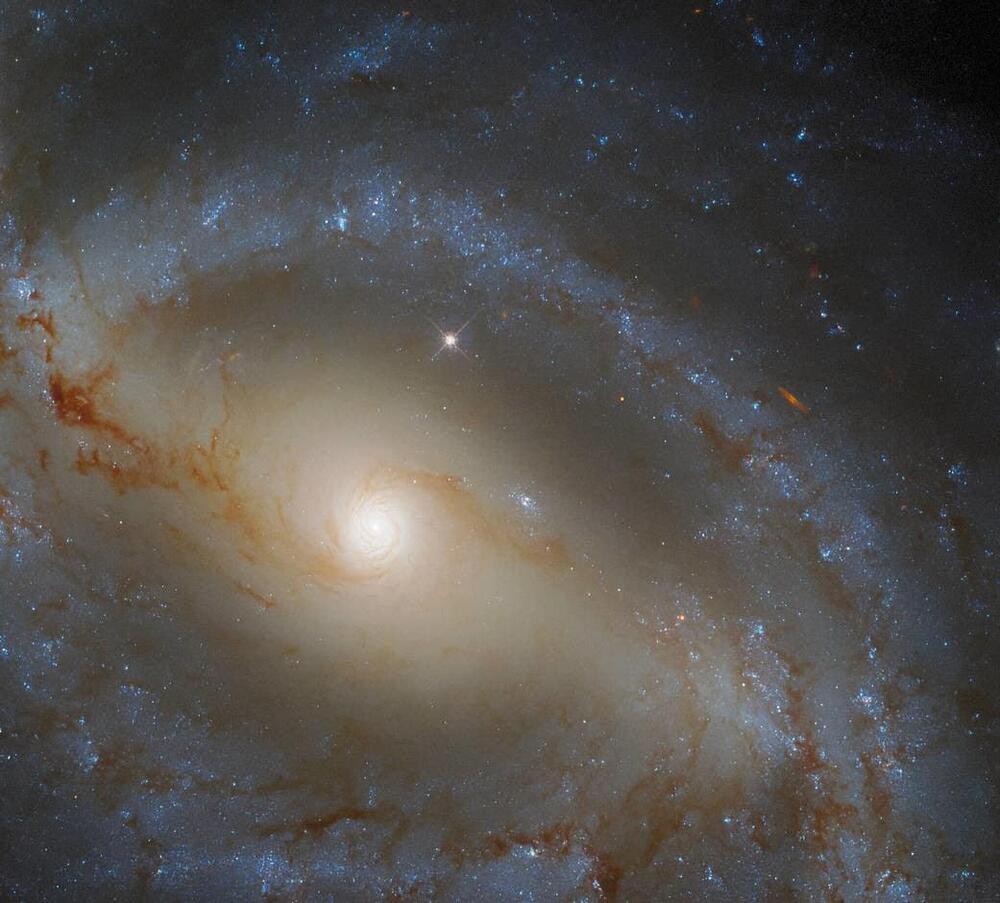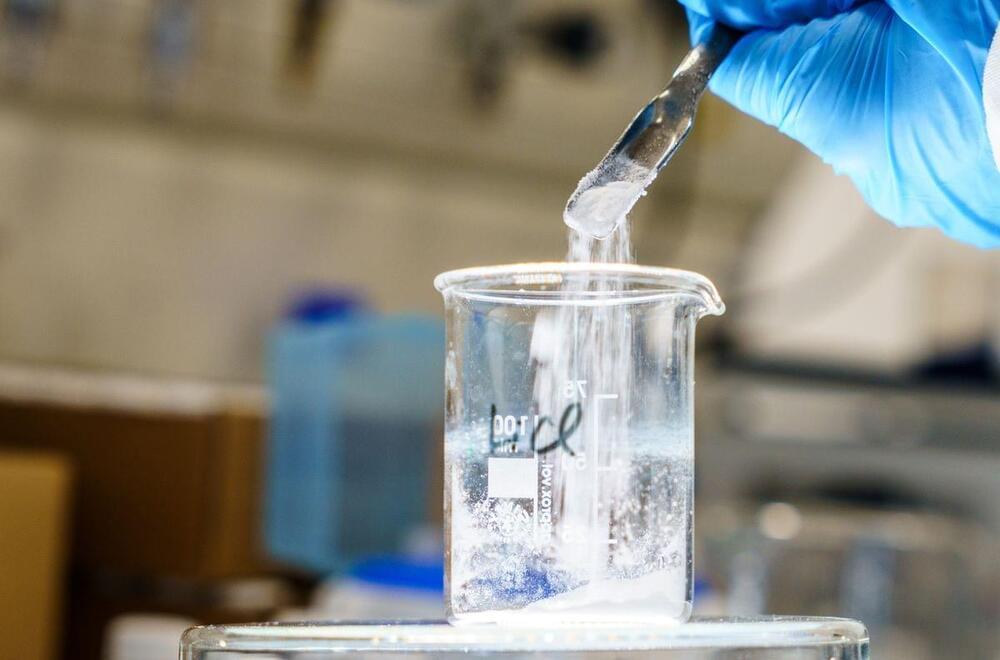“Conscious processing is overestimated,” lead author Michael Herzog said in a press release. “You should give more weight to the dark, unconscious processing period. You just believe that you are conscious at each moment of time.”
When we ride a bike, Herzog mused, our bodies automatically make minute adjustments to keep from falling over without consciously thinking about it. But even with his team’s two-step model, some of the secondary questions surrounding the ancient debate remain. Questions about how long these discrete moments of consciousness last, or how they differ among people, don’t have answers.
“The question for what consciousness is needed and what can be done without conscious? We have no idea,” Herzog said.
